Scaling Your Business
The Strategic Advantage of a Remote Team
As a business owner or entrepreneur, your time is best spent innovating, leading your team, and delivering value to your customers. But as your business grows, so do the demands on your time and energy. From managing social media to handling finances, coordinating projects, and communicating with clients, the operational workload can quickly become overwhelming.
This is where a remote team, guided by a trusted virtual partner, becomes a powerful asset in helping you scale efficiently and sustainably.
1. Focus on Growth, Not the Grind
The most immediate advantage of a remote team is the ability to delegate repetitive, time-consuming tasks—allowing you to focus on strategic growth. Whether it’s a virtual partner managing your calendar, a content creator handling your blog, or a bookkeeper tracking finances, your remote team ensures the day-to-day runs smoothly while you keep your eye on the bigger picture.
2. Access to a Global Talent Pool
With a remote team, you're no longer limited to hiring locally. Need a branding expert from New York, a web developer in Manila, or a customer support specialist in South Africa? The global talent pool gives you access to the best people for the job—regardless of geography—ensuring your business has the expertise it needs to succeed.
3. Flexibility and Scalability
Business isn’t always predictable, and that’s why the ability to scale your team up or down is crucial. Whether you're launching a new product or entering a slow season, a remote team offers the flexibility to adjust your resources as needed. You can bring in extra help during busy times and streamline during quieter periods—without the long-term costs of hiring full-time staff.
4. Cost-Effective Operations
Hiring a remote team is often more affordable than maintaining an in-house team. You save on overhead costs like office space, supplies, and utilities. Many remote professionals work on a freelance or contract basis, so you only pay for what you need, when you need it. This cost control helps keep your budget lean while still accessing high-quality support.
5. Streamlined Communication and Collaboration
With today’s digital tools, managing a remote team has never been easier. Platforms like Slack, ClickUp, Asana, and Zoom enable real-time collaboration, centralized task tracking, and efficient communication—no matter where your team is based. Your virtual partner can coordinate your team, ensuring that everything stays aligned, on track, and transparent.
6. Expanding Your Reach and Influence
With today’s digital tools, managing a remote team has never been easier. Platforms like Slack, ClickUp, Asana, and Zoom enable real-time collaboration, centralized task tracking, and efficient communication—no matter where your team is based. Your virtual partner can coordinate your team, ensuring that everything stays aligned, on track, and transparent.
Conclusion
Scaling a business requires more than hard work—it requires smart systems, strategic delegation, and the right people in your corner. A remote team, led by a skilled virtual partner, gives you access to the expertise, flexibility, and operational efficiency you need to grow sustainably.
By embracing the support of a remote team, you can reduce overwhelm, increase impact, and focus on what you do best.
It’s not just about working harder—it’s about working smarter, with the right partners by your side.
